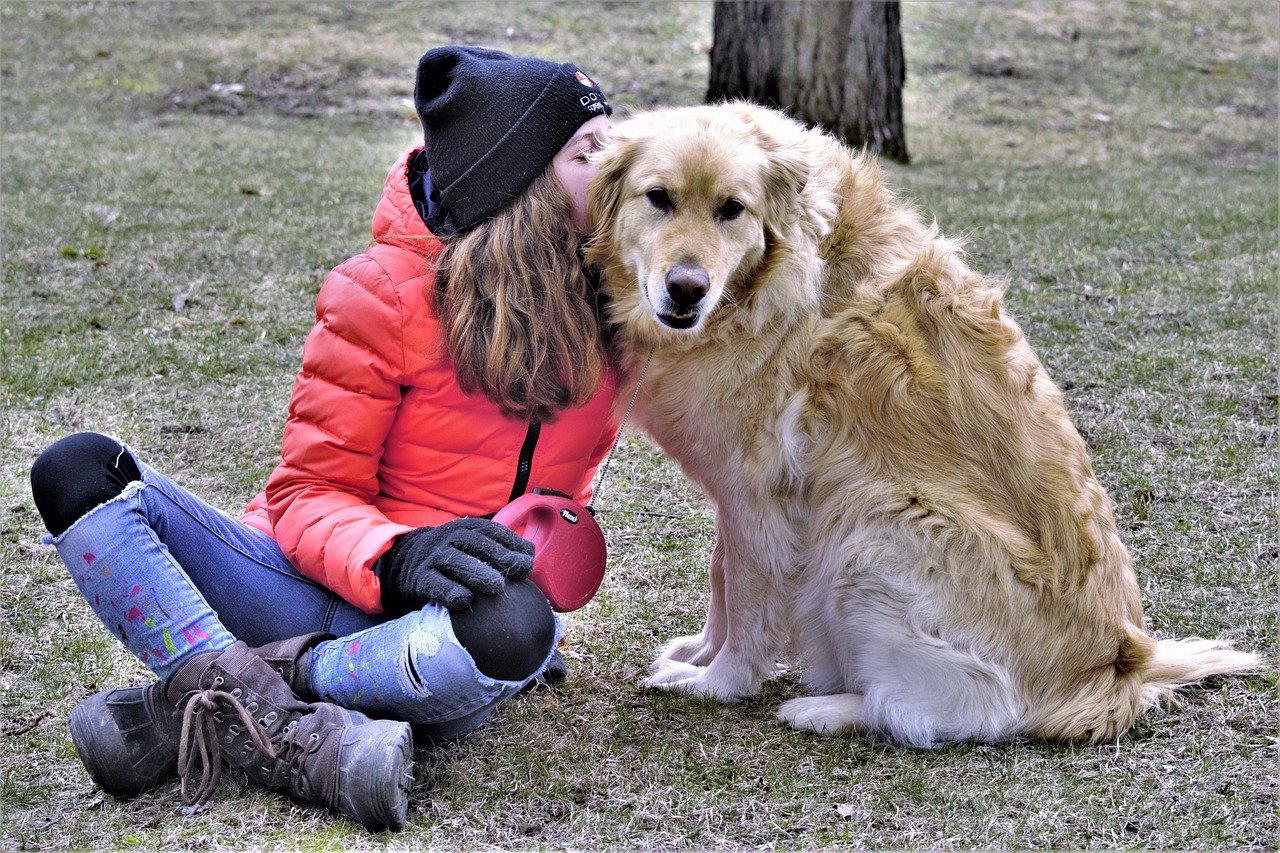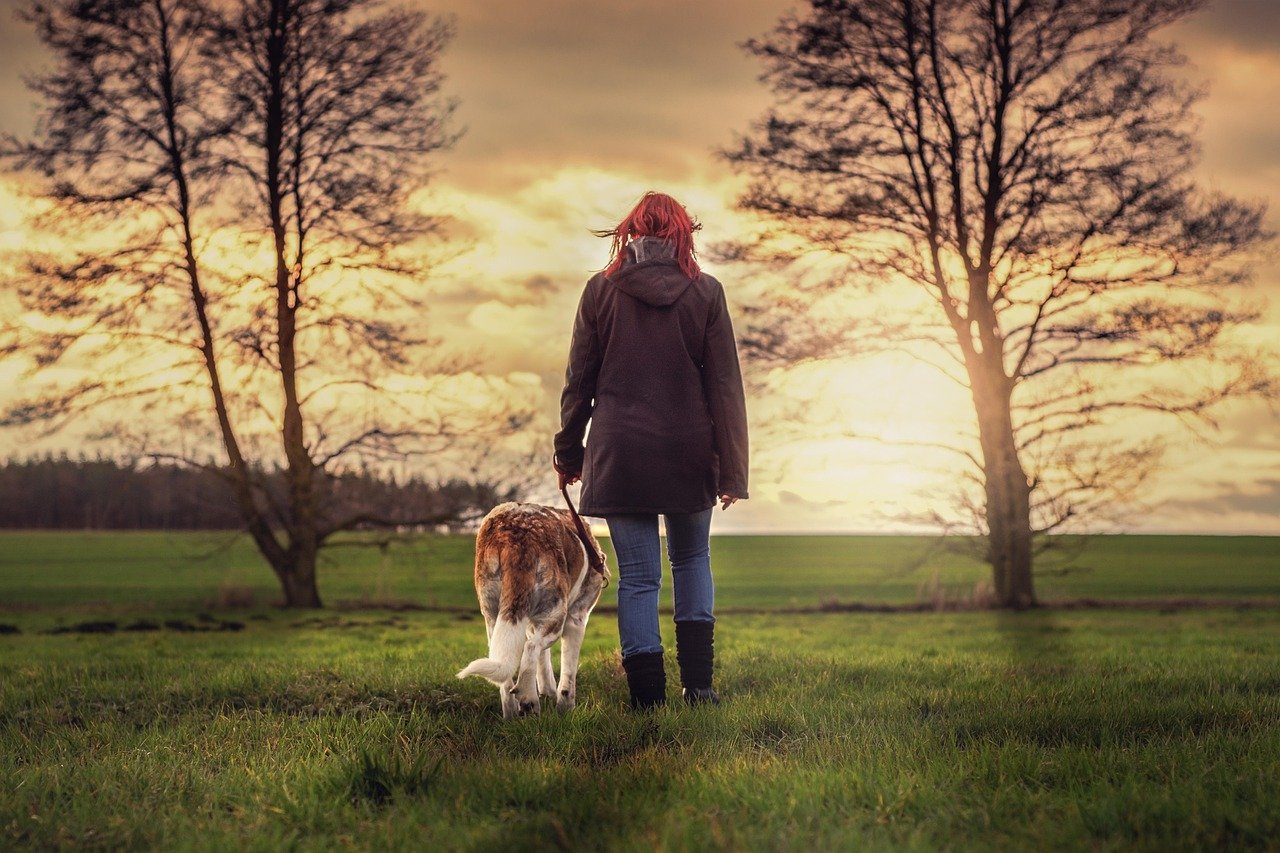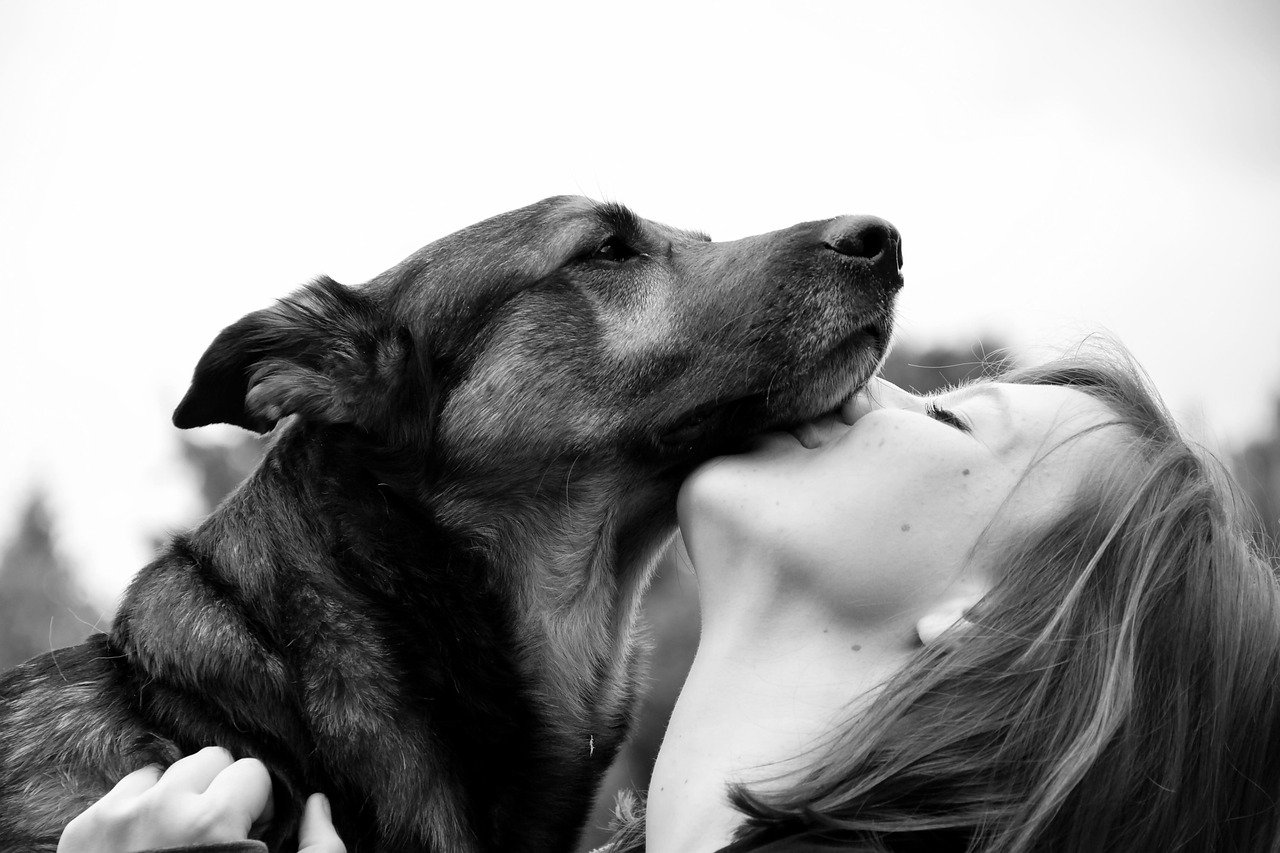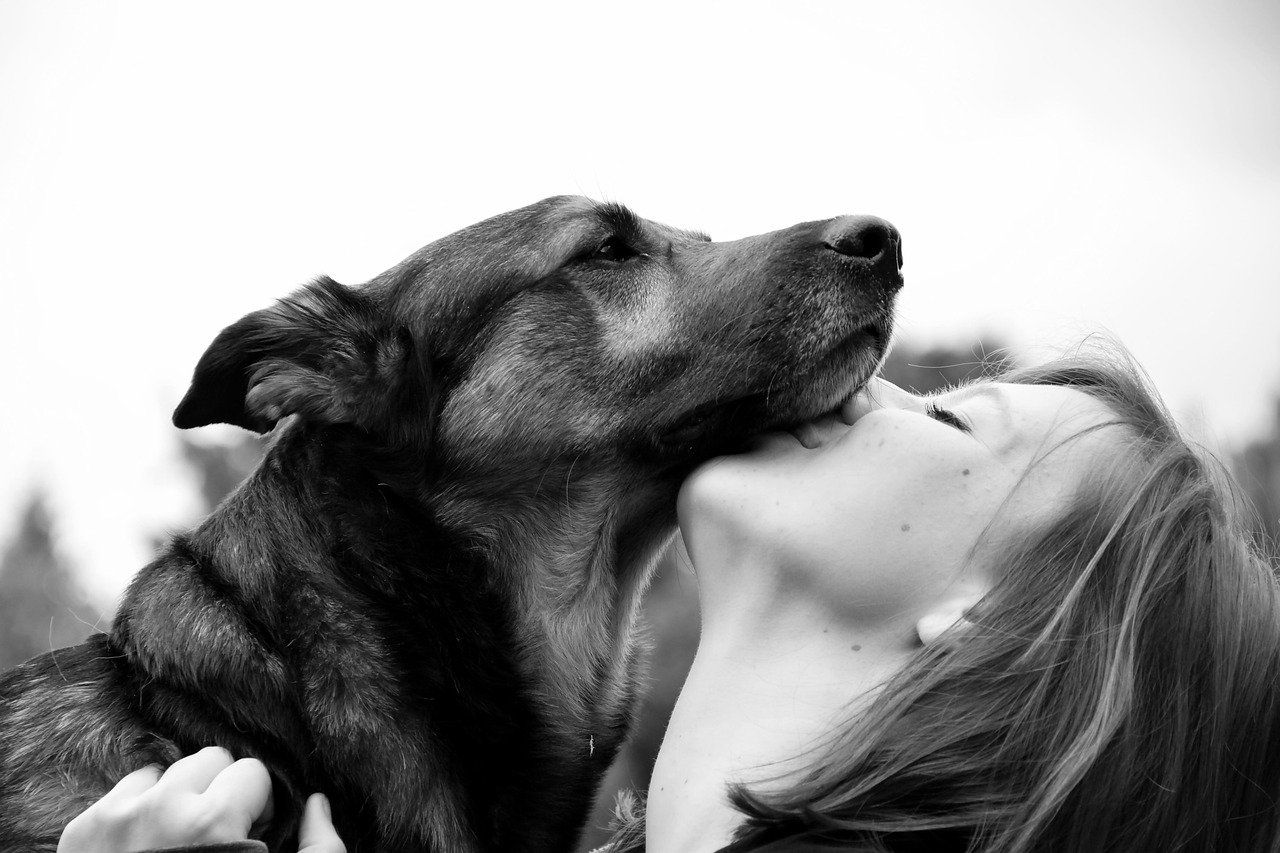Dogs and humans share a bond that dates back thousands of years. Have you ever wondered why this connection feels so natural and profound? It’s not just because dogs are cute and humans have a soft spot for fluffy creatures. There’s something deeper at play, something that tugs at our heartstrings and makes us feel complete when we’re with our furry friends. Let’s explore this extraordinary relationship and uncover why dogs and humans are truly wired for companionship.
The Ancient Bond: A Relationship Through Time
The bond between dogs and humans is one of the most enduring and powerful relationships in the animal kingdom. But this connection goes beyond loyalty and love—it’s rooted in biology, evolution, and mutual need. For thousands of years, dogs and humans have evolved side by side, developing a unique companionship built on trust, communication, and emotional connection. From reading our expressions to sensing our moods, dogs seem almost designed to be our perfect partners.
The relationship between dogs and humans isn’t a recent phenomenon. Archaeological evidence suggests that dogs were domesticated over 15,000 years ago. They were not only companions but also essential partners in hunting and protection. This ancient bond was built on mutual benefits, where dogs helped humans hunt, and in return, received food and shelter. It’s fascinating to think that this partnership has evolved over millennia, yet the underlying essence remains unchanged. The shared history has woven itself into the fabric of our lives, forming a connection that feels almost instinctual.
Understanding Each Other: The Language of Love
Dogs and humans have developed a unique way of communicating that transcends words. Dogs are incredibly adept at reading human emotions through facial expressions, body language, and even tone of voice. Similarly, humans have learned to interpret a dog’s wagging tail, barking patterns, and playful antics. This mutual understanding creates a language of love that strengthens the bond between the two species. It’s like learning a secret code that only you and your dog understand, making the relationship even more special.
A Shared Emotional Connection
The emotional connection between dogs and humans is profound and undeniable. Studies have shown that spending time with dogs can increase levels of oxytocin, the “love hormone,” in both humans and dogs. This hormone is responsible for feelings of happiness, bonding, and trust. When you look into your dog’s eyes, you’re not just seeing a pet; you’re connecting with a being that genuinely cares for you. This emotional bond is what makes dogs more than just animals—they become family.
The Role of Dogs in Human Well-being
Dogs play a significant role in promoting human well-being. They provide companionship, reduce stress, and encourage physical activity. Having a dog can lead to lower blood pressure, decreased anxiety, and improved mental health. Dogs offer a sense of purpose and routine, especially for those living alone. Their presence can transform a house into a home, filling it with warmth and love. It’s no wonder that dogs are often referred to as “man’s best friend.”
Dogs as Social Catalysts
Dogs have an incredible ability to bring people together. Whether it’s at a park, on a walk, or during a dog training class, dogs act as social catalysts, sparking conversations and friendships among their human companions. They provide common ground for people from different backgrounds to connect and share their love for these loyal creatures. In a world where social interactions can sometimes feel forced, dogs offer a natural and genuine way to bond with others.
Canine Intelligence and Human Interaction

Dogs are intelligent beings capable of understanding commands, solving problems, and even learning tricks. This intelligence makes them fascinating companions and allows for a dynamic relationship with humans. Training a dog not only stimulates their mind but also strengthens the bond between the dog and its owner. The process of teaching and learning becomes a shared experience that fosters trust and respect. It’s a partnership where both parties grow and learn from each other.
Dogs and the Science of Attachment

The science of attachment explains why dogs and humans form such strong bonds. Attachment theory suggests that the presence of a dog can provide comfort and security, similar to the way a child feels attached to a caregiver. This attachment is characterized by a desire for proximity, emotional support, and a sense of belonging. Dogs fulfill these needs, offering unconditional love and loyalty. It’s a relationship built on trust and understanding, making it one of the most rewarding connections in life.
Dogs as Emotional Support Animals
Dogs have an innate ability to provide emotional support to their human companions. They are often used as therapy animals, offering comfort to those in hospitals, nursing homes, and schools. Their calming presence can ease anxiety, fear, and loneliness. Emotional support dogs are trained to be attentive and responsive, providing a sense of stability and reassurance. They have a unique way of sensing when someone is upset and offering a comforting paw or nuzzle, reminding us that we’re never alone.
The Unconditional Love of Dogs

One of the most remarkable aspects of the dog-human relationship is the unconditional love that dogs offer. They don’t judge us based on our mistakes or flaws. Instead, they accept us for who we are, flaws and all. This unconditional love is a rare and precious gift that enriches our lives in countless ways. It teaches us about loyalty, compassion, and forgiveness. Dogs remind us of the beauty of simple joys and the importance of living in the moment.
Reflections on a Timeless Friendship
The bond between dogs and humans is a testament to the power of companionship. It’s a relationship that transcends time, culture, and language, rooted in mutual respect and love. As we reflect on this timeless friendship, it’s clear that dogs hold a special place in our hearts. They are not just pets; they are companions, confidants, and cherished family members. Their presence enriches our lives, reminding us of the beauty of connection and the joy of shared experiences.
In a world that can sometimes feel disconnected, the bond between dogs and humans is a reminder of the power of love and companionship. It’s a relationship that continues to evolve, bringing joy and meaning to our lives. What would your life be like without the companionship of a loyal dog?

Alex is a born and raised Capetonian with a strong love for animals and the outdoors. She is a Third-year veterinary student at the University of Pretoria in South Africa. She also completed a BSc in Animal Science at Stellenbosch University, where her passion for working with animals only strengthened. She has always surrounded herself with animals and has been fortunate enough to work closely with them.






